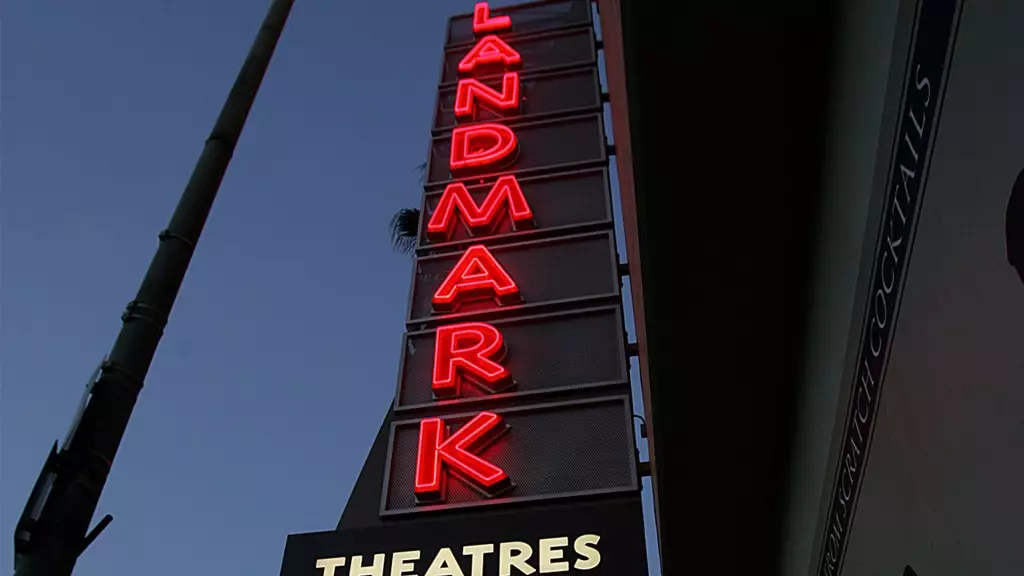In a significant legal development within New York’s real estate landscape, Supreme Court Judge Joel M. Cohen recently ruled in favor of Fortress Credit Corp, stating that Charles Cohen, a notable real estate magnate, may owe $187.25 million. This amount is contingent upon whether upcoming asset auctions can satisfy the broader debt exceeding $500 million Cohen owes to Fortress. The legal tussle surrounding this 2022 loan has escalated over the past year, manifesting not only the complexities inherent in high-stakes financial deals but also the ramifications rippling through the real estate market.
The Loan Default and Its Ramifications
For months, Cohen has faced pressure concerning the repayment of this substantial loan, which Fortress declared in default earlier this year. After a series of extensions in hopes of restructuring the agreement failed to materialize, Fortress resorted to legal action. The circumstances of the auction, set for November 8, 2023, are embarrassing for Cohen, especially considering it was compelled by what Fortress described as a breach of contract regarding the loan’s terms. The properties implicated in this auction include not only the once-venerable Landmark Theatres but also a design center, an office tower, and a hotel, thereby underscoring the stakes involved.
The court’s ruling means that if the auction does not garner enough funds to cover Cohen’s vicious financial obligations, he will still be liable for the agreed-upon guaranty amount of $187.25 million, in addition to legal fees and other expenses. This decision is monumental, as it ensures that Fortress can secure at least a part of its investment in Cohen’s enterprises. Furthermore, the decision highlights the intricate nature of commercial loan agreements and can serve as a cautionary tale for other investors navigating similar waters.
Cohen’s ownership of Landmark Theatres, acquired in what many analysts speculate was poorly timed given the cinema industry’s headwinds, like the impact of COVID-19 and ongoing Hollywood strikes, adds another layer of complexity. Once a crowning jewel of independent cinema, the challenges faced by Landmark signify broader trends in the entertainment industry. The theater’s fate is now intertwined with this courtroom drama, and its prospects epitomize the challenges faced by many traditional business models in today’s evolving market.
While Fortress has firmly established its position in court, Cohen’s representatives have remained optimistic about a potential resolution to the ongoing litigation. The door remains ajar for both parties to negotiate a settlement outside of courtroom constraints, reflecting a hope that mutual interests may prevail. Should the auction proceeds fall short and the legal battles continue, New York’s commercial property landscape may witness one of its most significant auctions documented under the Uniform Commercial Code. This case serves not only as a pivotal moment for Cohen but also acts as a barometer for the current state and future trajectories of the American real estate sector. Whether this high-profile case resolves amicably or escalates further, its ramifications will likely echo throughout both the theater industry and New York’s real estate market for years to come.

